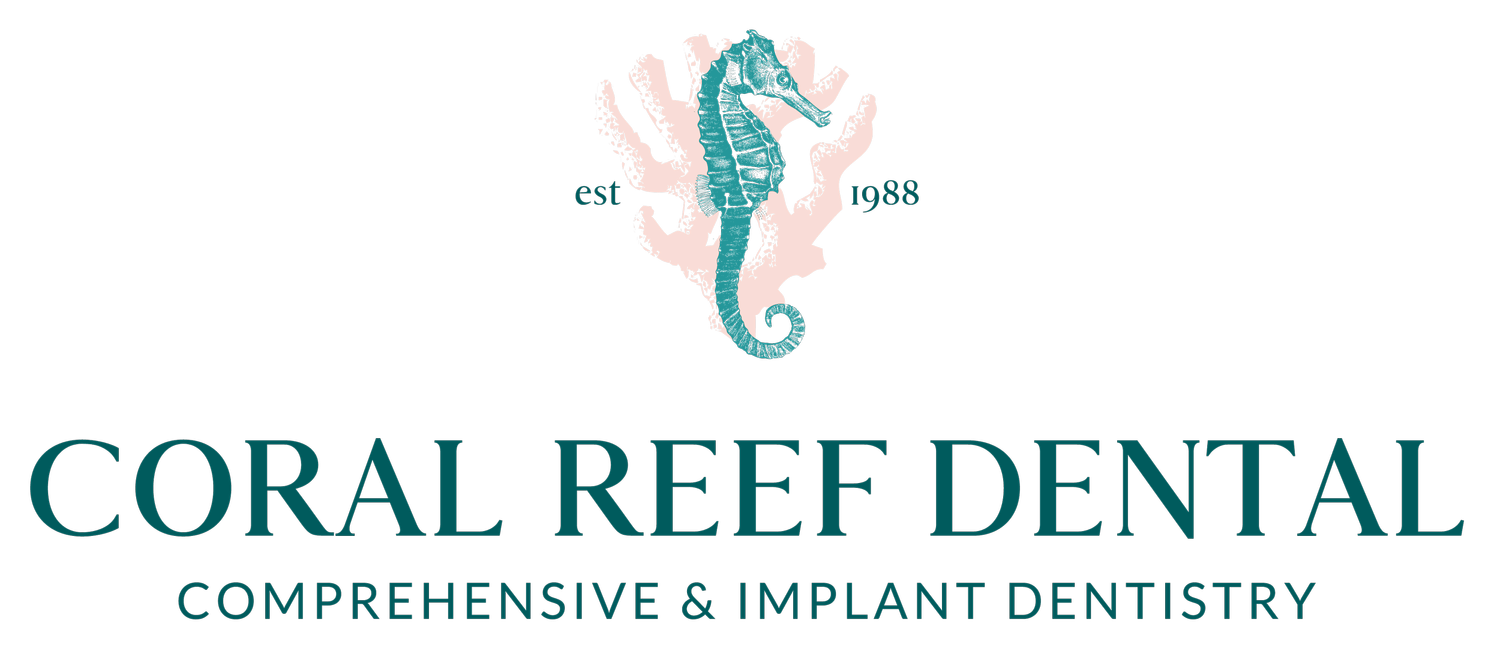Root Canal Recovery Guide: Caring for Your Teeth
If you have a damaged or infected tooth that’s causing pain, getting treatment quickly matters. Putting it off can lead to expensive treatments or tooth extraction. Most dentists choose tooth extraction as a last resort for damaged teeth. Instead, they may recommend a root canal.
This common treatment option has a scary reputation. But in reality, it’s a routine dental procedure that lets you keep your tooth in place.
We’re taking some time today to look at the procedure, recovery period, and other considerations for root canals.
What is a root canal?
As we mentioned, a root canal is a dental procedure meant to remove inflamed or infected pulp from the center of your tooth. Millions of people have teeth treated this way each year, and it’s nothing to worry about.
When would you need a root canal?
Your dentist is likely to recommend a root canal for your tooth if it has a deep cavity, has had trauma to the tooth or you have issues from a previous restoration. If you notice your teeth are sensitive to hot and cold or have significant dental pain, a root canal might be necessary.
Other symptoms to watch for include tooth pain while chewing, abscesses on your gums, throbbing tooth pain, and swollen or decaying gum tissue. Routine dental care can keep most of these issues from occurring. For various reasons, not everyone prioritizes oral hygiene, and small problems can become major concerns over time.
How does a root canal go?
During a root canal procedure, your dentist will drill into your tooth's enamel to expose the infected pulp. Then, they’ll remove the pulp and nerve from inside the tooth before filling and sealing the space left behind.
At this point, your dentist will either seal the tooth or put a permanent crown on it to protect the enamel. You’ll need a crown if there’s damage to the enamel that makes it likely to crack under everyday use.
How long does it take to recover from a root canal?
Root canal recovery usually takes between one to two weeks, depending on a couple of factors. If you had a severe infection, full recovery might take longer. Additionally, the procedure your dentist uses can prolong the recovery period.
Once fully recovered, your tooth will function as usual for biting and chewing.
What to do and not to do during root canal recovery
Following any dental procedure, you may have some tenderness and discomfort in the area. Here are some things to do and avoid to help your tooth heal. Your dentist will also give you aftercare instructions, so follow their advice for the best results.
Eat soft food for the first couple of days
Eating soft foods for the first few days after your procedure is a good idea because it can reduce the amount of pressure on your new crown or sealant. Things like smoothies, yogurt, soups, mashed potatoes, and pasta are all easy to chew and won’t cause pain following your root canal.
Avoid all alcoholic beverages
Alcohol during root canal recovery can cause complications and should be avoided. It’s a blood thinner and may cause bleeding at the site, slowing down the healing process.
Taking some painkillers and alcohol together can also cause issues for your liver and kidneys. Wait to celebrate until you are fully healed.
Use antibacterial mouthwash
Because you’ve had oral surgery, you’re more likely to develop an infection than otherwise. Using an antibacterial mouthwash can help prevent further infection and promote healthy teeth and gums.
Do not smoke as it will delay the healing process
Smoking interferes with the healing process of your root canal and should be avoided. It restricts blood flow to your mouth and gums, slowing recovery.
Brush your teeth after every meal
Brushing your teeth after every meal might seem excessive, but after a root canal, you need to be extra careful. Food particles left behind after a meal can lead to further complications after oral surgery. To avoid issues, brush and floss as usual.
Take OTC painkillers if necessary
While the procedure isn’t painful, you might experience discomfort following your root canal. Anti-inflammatory medications like ibuprofen work best for this type of pain. If you do experience pain, it’s a good idea to take painkillers on a schedule. This keeps you from suffering while you wait for the pain to subside.
For aftercare guides, Coral Reef Dental is here for you!
Oral care is vital to your overall healthy lifestyle. Routine appointments and good hygiene can go a long way to preventing many tooth concerns. Some procedures are unavoidable, though, and Coral Reef Dental is here to help. We’ve got a wealth of aftercare guides for many common procedures available for you.
Our team is here to answer any questions you may have after your dental procedures. For the best care in Palm Harbor, reach out to us today!


